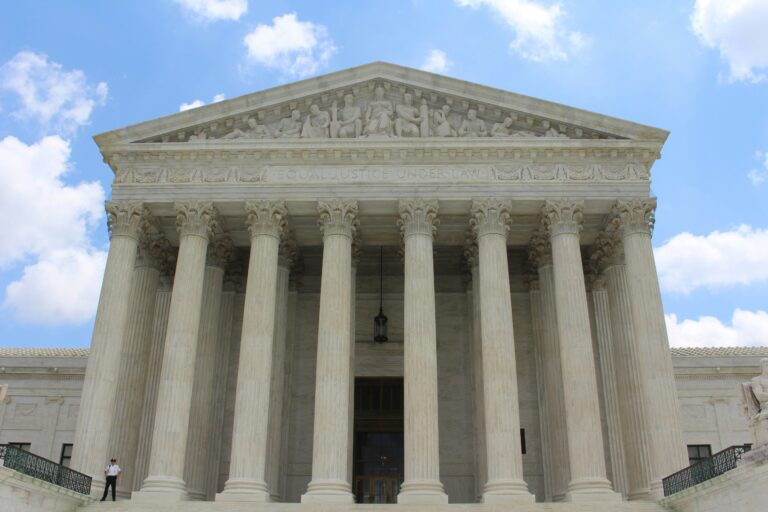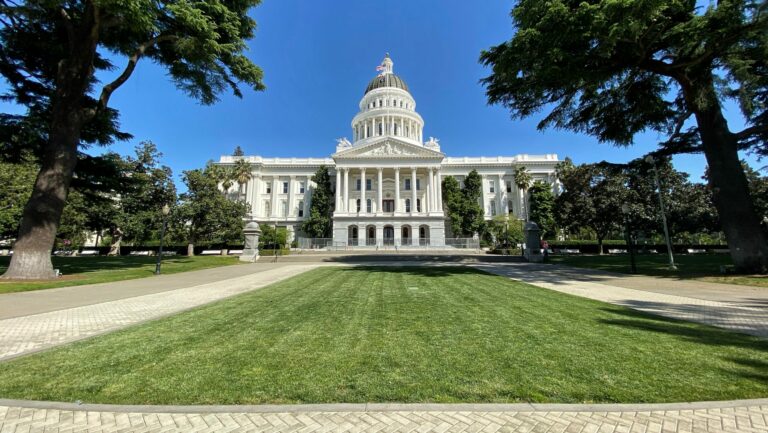Navigating Pregnancy in the Workplace: Understanding the Impact of the Pregnancy Workers Fairness Act and EEOC’s Final Regulations
The Pregnancy Workers Fairness Act (the “PWFA”) became effective on June 27, 2023, which mandates that employers with 15 or more employees must provide reasonable accommodations for known limitations associated with pregnancy, childbirth, or related medical conditions.











